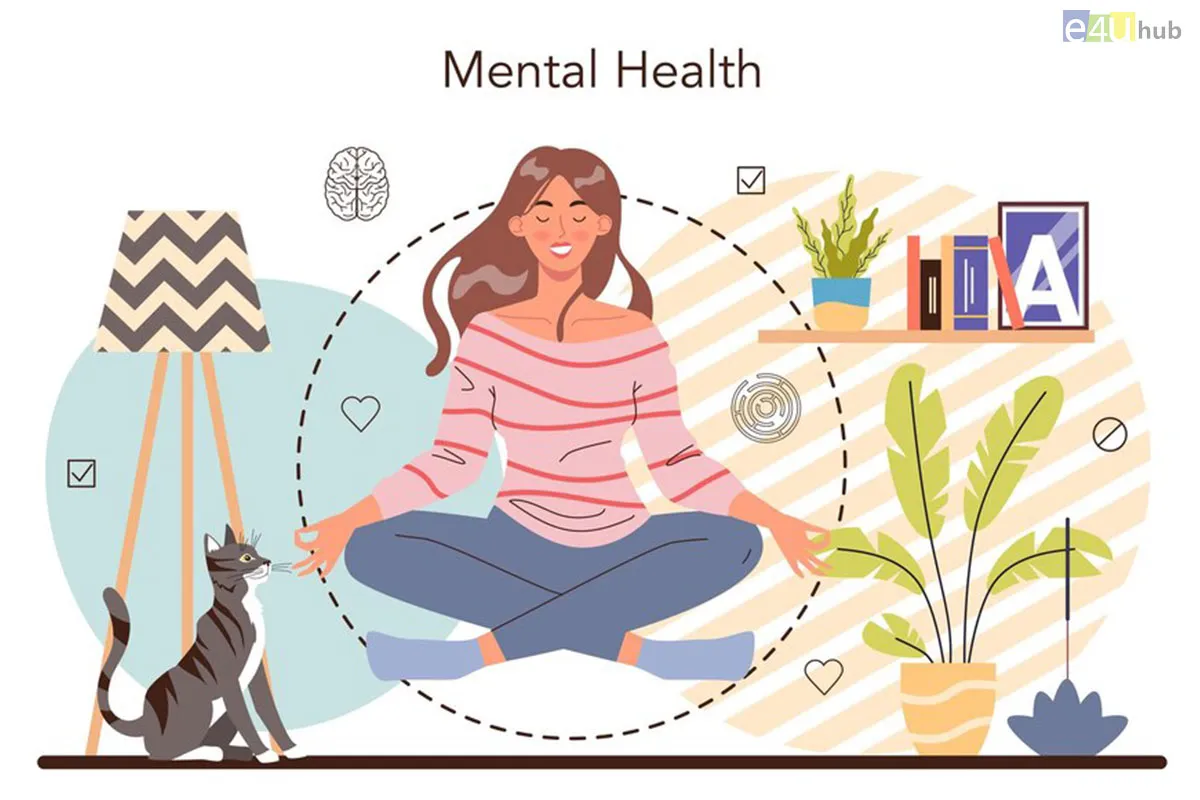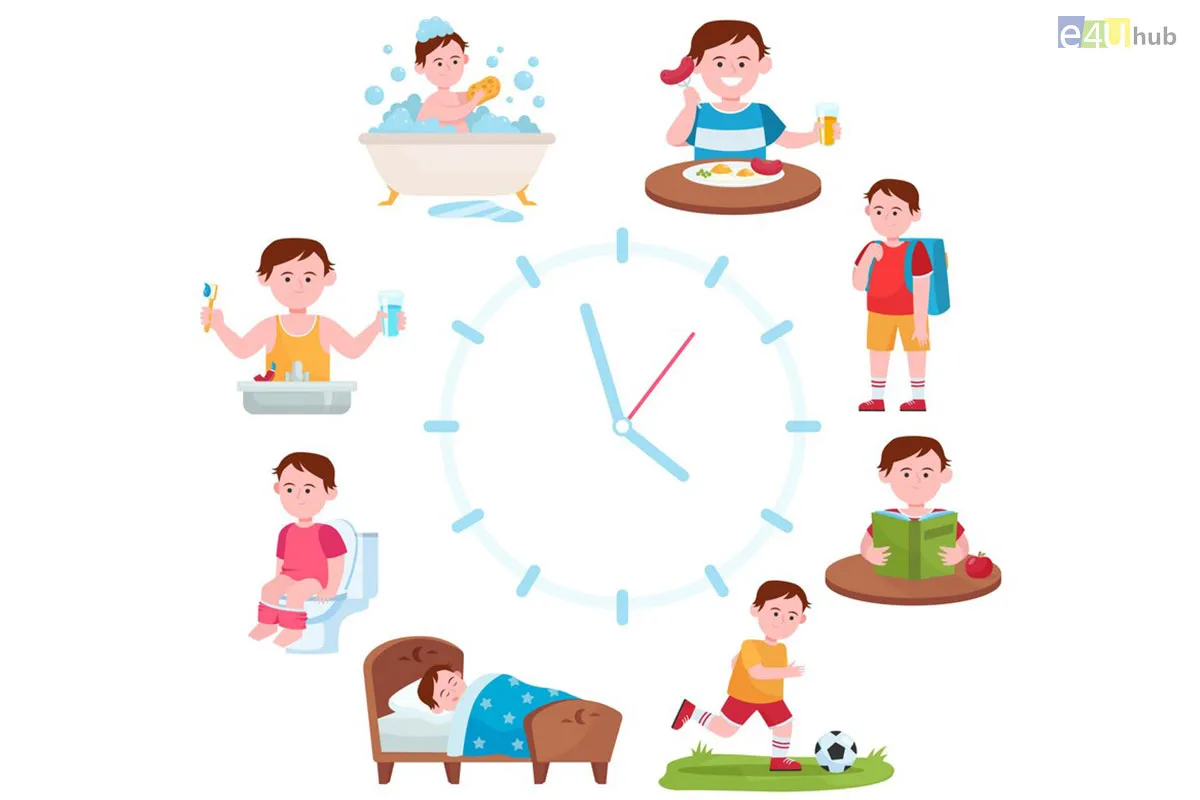
Mental Well-being in Elderly
- 02 Nov, 2023
- Health
- 400 Views
- 0 Comments
Mental well-being in the elderly is of paramount importance for a fulfilling and contented later life. As people age, they face unique challenges that can impact their mental health, including physical health issues, loss of loved ones, social isolation, and cognitive decline. Here are some essential aspects to consider for promoting mental well-being in the elderly:
1. Social Connections:
a) Community Engagement: Encourage participation in community activities, clubs, or senior centers to foster social interactions.
b) Family Involvement: Regular interactions with family members and friends provide emotional support and combat feelings of loneliness.
2. Physical Activity:
a) Regular Exercise: Physical activity not only benefits the body but also improves mood by releasing endorphins, reducing stress, and enhancing sleep quality.
b) Adapted Activities: Encourage seniors to engage in activities like walking, swimming, or gentle yoga tailored to their physical abilities.
3. Cognitive Stimulation:
a) Brain Games: Engage in activities that challenge the brain, such as puzzles, crosswords, or learning new skills, to maintain cognitive function.
b) Lifelong Learning: Encourage seniors to pursue hobbies or interests that involve learning, keeping the mind active and engaged.
4. Emotional Support:
a) Therapeutic Interventions: Access to therapy or counseling services can provide emotional support, especially when dealing with grief, loss, or life transitions.
b) Encourage Expression: Encourage them to express their feelings through creative outlets like art, writing, or music.
5. Healthy Lifestyle:
a) Balanced Nutrition: A well-balanced diet rich in nutrients supports both physical and mental health.
b) Adequate Sleep: Ensure they get sufficient rest, as sleep disturbances can significantly affect mood and cognitive function.
6. Independence and Autonomy:
a) Encourage Independence: Support their independence by involving them in decision-making and activities of daily living, boosting self-esteem.
b) Respect Choices: Respect their choices and preferences, allowing them to maintain a sense of control over their lives.
7. Mindfulness and Relaxation:
a) Meditation and Breathing Exercises: Mindfulness practices and deep breathing techniques can reduce anxiety and promote relaxation.
b) Massage and Yoga: Gentle massage therapy or yoga can enhance relaxation and improve overall well-being.
8. Safety and Security:
a) Safe Environment: Ensure their living environment is safe and secure, reducing stress and promoting a sense of well-being.
b) Regular Check-ins: Regular check-ins and home visits provide reassurance and a sense of security.
9. Purpose and Meaning:
a) Volunteering: Engaging in volunteer work provides a sense of purpose and social connection.
b) Legacy Projects: Encourage them to share their life experiences or work on legacy projects, providing a sense of accomplishment and meaning.
10. Professional Support:
a) Geriatric Care Services: Geriatric care professionals can provide tailored support and resources to enhance mental and emotional well-being.
b) Support Groups: Participation in support groups for seniors can offer camaraderie and understanding, especially in coping with similar challenges.
By focusing on these aspects, it is possible to significantly enhance the mental well-being of the elderly, fostering a positive and fulfilling quality of life during their later years.














Leave a Reply